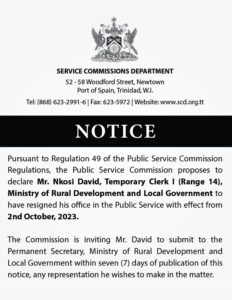
The path to Local Government Reform in Trinidad and Tobago spans many decades, starting with efforts dating back to 1959. Over the years, multiple committees, acts, and policy papers have been instrumental in the journey towards empowering Local Government and the people. Notable milestones include the Sinanan Committee in 1965, the Municipal Corporations Act of 1990, and various discussions and policy papers, leading to the final report on the Miscellaneous Provisions (Local Government Reform) Bill in 2020.
These reform initiatives have seen significant contributions from individuals such as Senator Hazel Manning, the late Senator Franklin Khan, and Senator Kazim Hosein. In total, there have been 1.1 million contributions to the Local Government Reform agenda, with 32,000 in-person contributions from citizens across the country.
The Local Government framework currently consists of 17 entities, including 14 Municipal Corporations and various agencies. Despite their efforts, the existing structure has limitations, including bureaucratic processes and resource constraints. To address these issues, the Local Government Reform agenda aims to streamline operations, remove bureaucratic layers, and enhance services to citizens, ultimately bringing resources and support more efficiently to communities.
